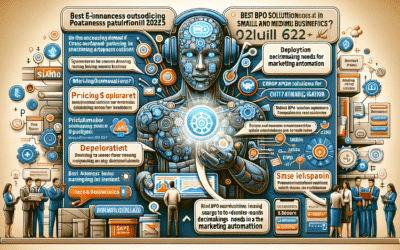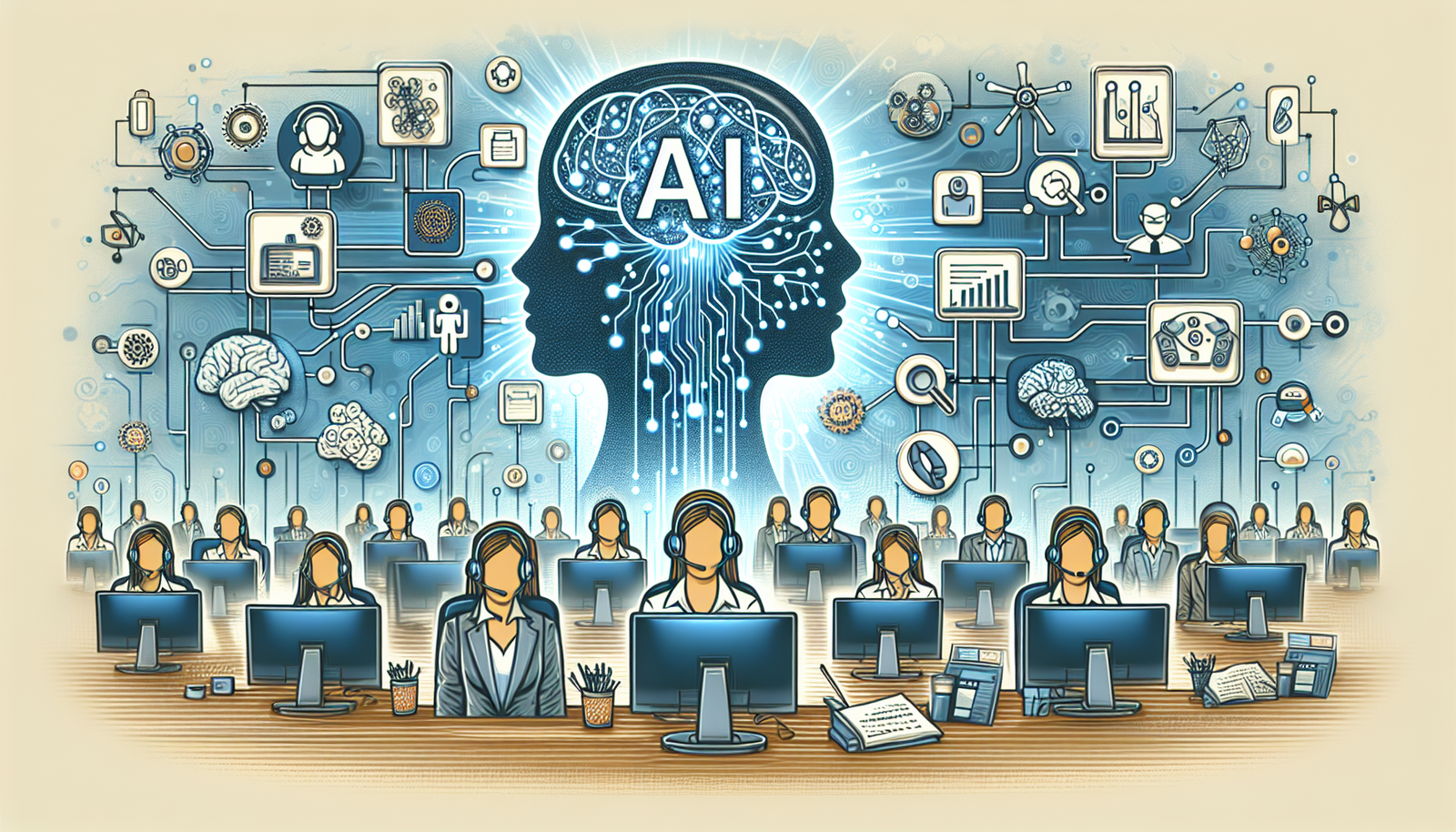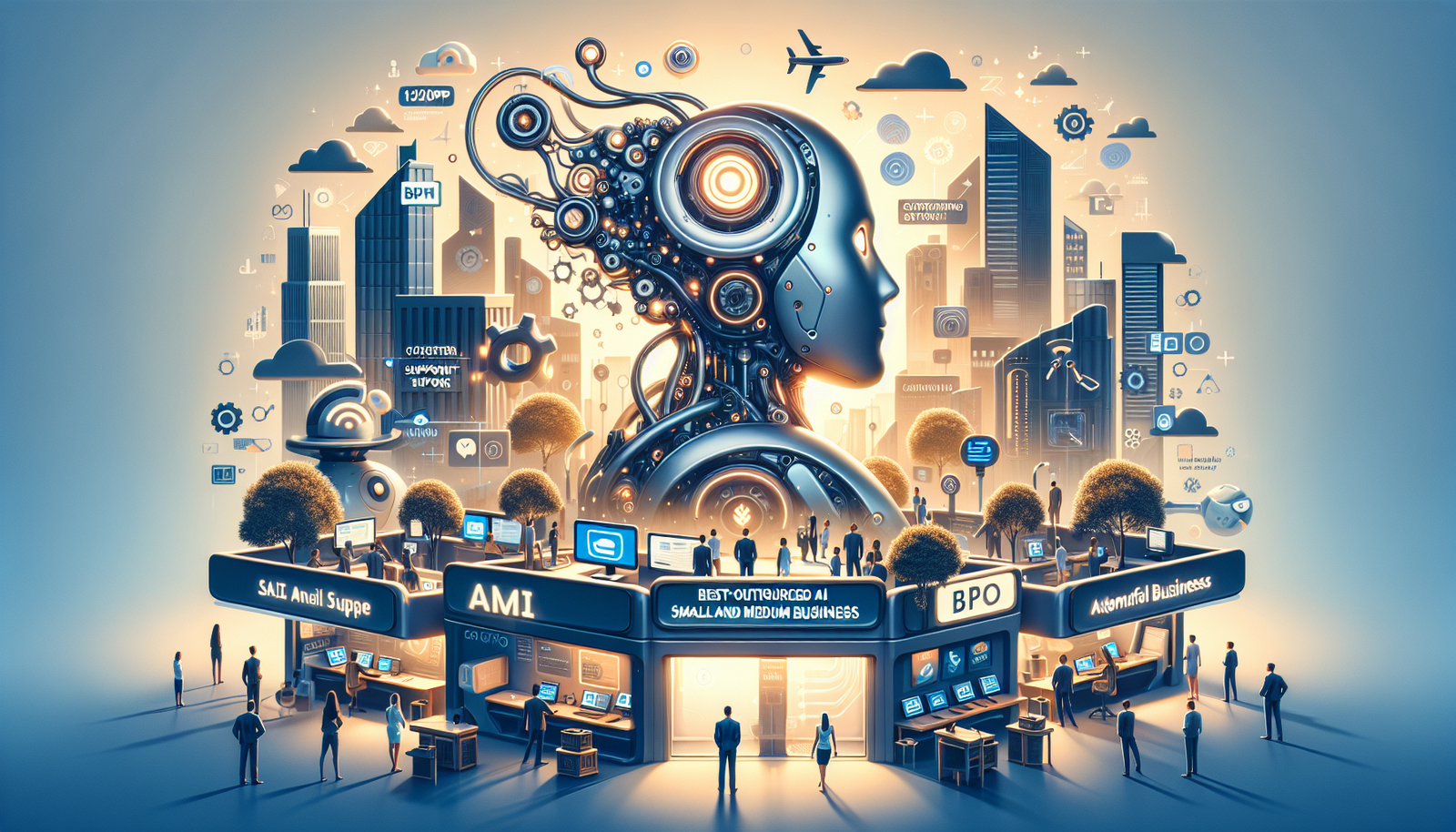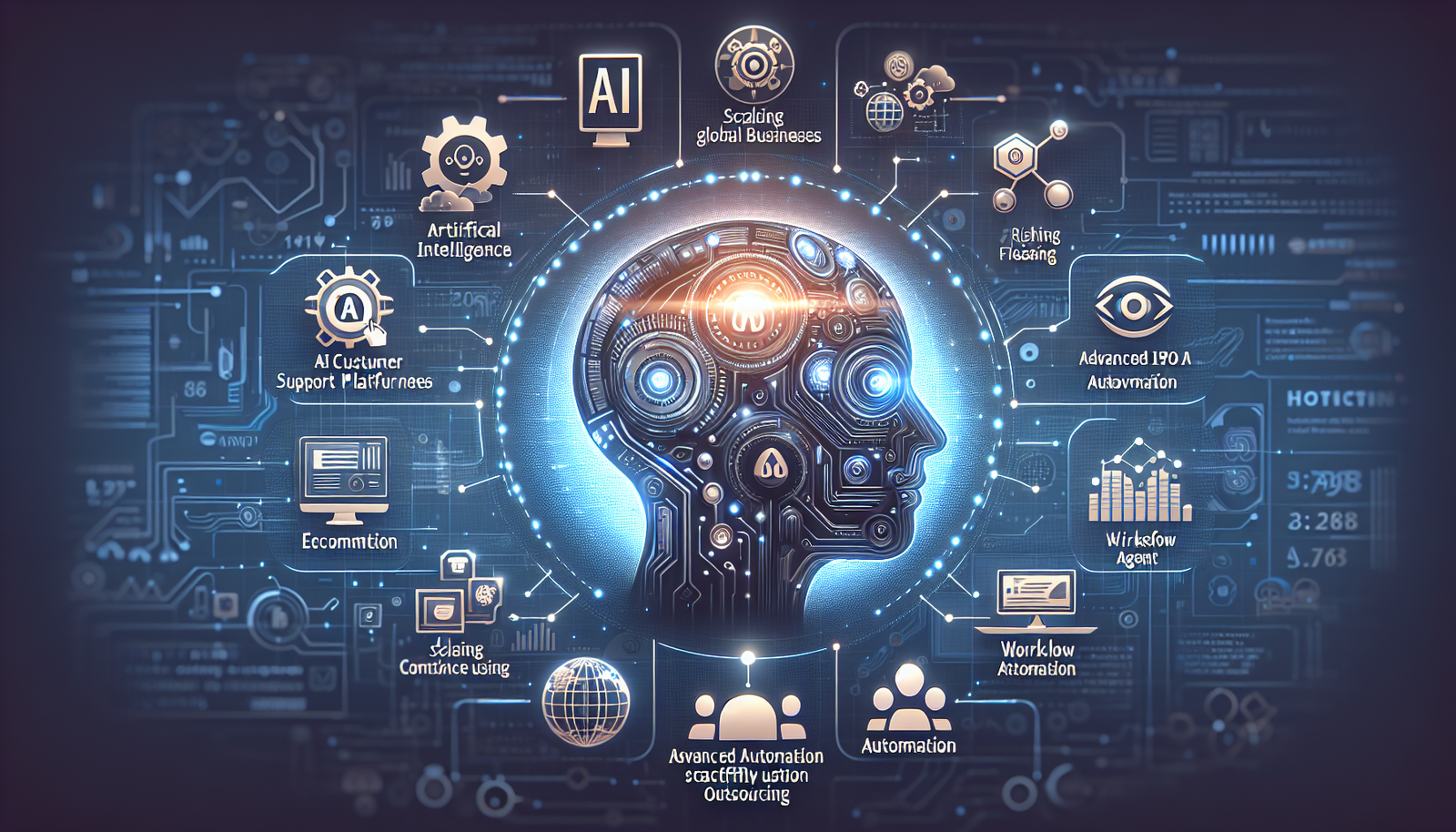Introduction: The Rise of AI-Powered Contact Centers
By 2025, AI-powered contact centers have become the heartbeat of modern business process outsourcing (BPO). The integration of artificial intelligence across customer service operations is radically reshaping how companies handle support, resolve issues, and delight customers. This transformation isn’t just about automation—it’s about building smarter, more adaptive systems that empower both businesses and customers.
Why AI is transforming BPO
The traditional BPO call center model—largely manual, resource-heavy, and reactive—is giving way to intelligent platforms capable of anticipating customer needs, offering context-aware support, and even handling conversations autonomously. According to Gartner’s 2024 report, AI tools now manage 60% of tier-1 inquiries in leading contact centers.
What makes AI contact centers different
Unlike legacy systems that rely on scripted responses and static workflows, AI-enabled centers use real-time data, machine learning, and natural language processing (NLP) to personalize interactions, resolve issues faster, and scale support across voice, chat, and email channels.
Core Technologies Driving AI Call Centers in 2025
Conversational AI and NLP
AI-driven chatbots and voice assistants leverage natural language processing to understand and respond conversationally to customer queries. These tools not only handle routine questions but also escalate complex cases to human agents when needed, ensuring a seamless customer experience.
Predictive analytics and intent recognition
Advanced predictive models analyze customer behavior and historical data to anticipate problems before they occur. For example, if a customer demonstrates churn risk behavior, an AI system might automatically trigger a loyalty offer or connect them with a retention specialist.
Real-time agent assist and AI coaching
AI doesn’t just serve customers—it also empowers agents. Real-time prompts, dynamic knowledge bases, and suggested replies help agents resolve issues faster. McKinsey found that AI-assisted agents reduce their average handle time by up to 40%.
Omnichannel integration and automated workflows
AI ties together email, voice, chat, and social media support. By integrating with CRM and ERP systems, AI can automatically generate tickets, update contact records, and trigger follow-up actions, reducing manual workload.
How AI Enhances Contact Center Performance
Reducing average handle time (AHT)
AI tools guide customers and agents to faster resolutions through pre-filled forms, automated routing, and knowledge base suggestions. This lowers cost-per-call and enhances productivity.
Improving first-call resolution (FCR)
With access to centralized and contextual data, AI systems can resolve more issues on the first contact, eliminating the need for multiple touchpoints.
Enabling 24/7 multilingual support
AI chatbots and voice recognition software now support multiple languages, enabling global, around-the-clock service without the need to expand human workforces.
Boosting customer and agent satisfaction
Customers benefit from faster, personalized support. Agents benefit from less cognitive load and smarter assistance. Salesforce reports 68% of agents feel more productive using AI tools.
AI and Human Synergy: Assisted Service, Not Just Automation
How AI supports human agents in real time
Real-time transcription, next-best-action suggestions, and sentiment analysis help agents tailor responses with empathy and context. This creates a hybrid model where AI augments—rather than replaces—human capabilities.
The evolving role of agents in AI-enhanced centers
Agents in 2025 are no longer confined to repetitive troubleshooting. They focus on high-value conversations, customer retention, and exception handling. BPO providers now invest in upskilling agents as empathetic problem-solvers and strategic partners.
Implementing AI in Your Contact Center
Steps for deploying AI in a BPO environment
- Assess existing tech infrastructure and data maturity
- Define strategic use cases (e.g., tier-1 chatbot, automated scoring)
- Select AI vendors offering modular, API-driven solutions
- Pilot and train models using real customer data
- Iterate using feedback loops and analytics dashboards
Common challenges and how to overcome them
Key challenges include data quality, integration complexity, and change management. Successful BPOs begin with small use cases and scale gradually, ensuring human oversight, compliance, and performance monitoring at each step.
FAQs About AI Contact Centers
What types of tasks does AI handle in contact centers?
AI handles tasks like answering FAQs, intelligent routing, emotion detection, case prioritization, and knowledge-base recommendations.
Does AI replace human agents?
No. AI automates repetitive workflows and assists agents in real time. It enables agents to focus on complex or emotionally nuanced customer needs.
How much can AI reduce costs in BPO operations?
According to McKinsey, AI can cut operational costs by 20–40% through faster resolution, higher automation rates, and smarter utilization of agent resources.
Focus Keyword: AI-powered contact centers






